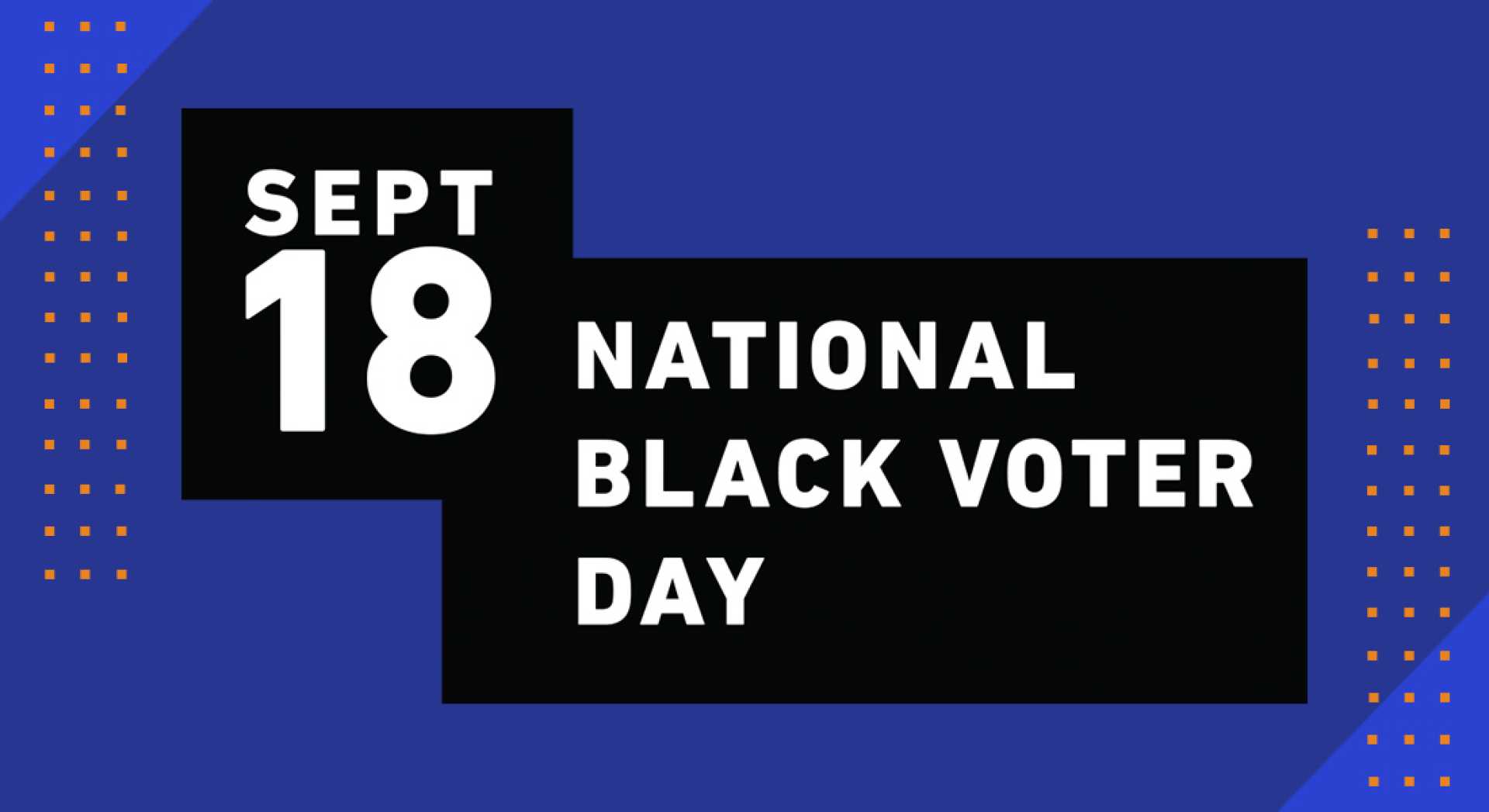Politics
Michigan’s Inflated Voter Rolls Spark Debate Ahead of Election

With just weeks remaining before a crucial election, the state of Michigan finds itself at the center of a controversy over inflated voter rolls. According to records obtained by Bridge Michigan, the state currently lists 8.4 million registered voters, a figure nearly 500,000 higher than the number of individuals eligible to vote.
This discrepancy has been described as the largest imbalance among all the Great Lakes states and one of the most significant nationwide. The imbalance can be partially attributed to a voter-approved initiative from 2018, which automatically registers individuals to vote when they apply for a driver’s license, provided they are 18 or older.
The Republican National Committee has raised concerns over these inflated rolls, initiating legal actions demanding the state address the issue. Similar lawsuits were filed in 2020, but were dismissed after adjustments were made to the voter rolls. Jocelyn Benson, Michigan’s Democratic Secretary of State, has been named in several lawsuits, which her spokesperson, Angela Benander, claims are intended to undermine public confidence in the electoral process.
“The lawsuits lay the groundwork to overturn the results of the election if they don’t like them,” Benander stated. Although these legal complaints do not specifically accuse anyone of fraud, they argue that the expansive voter rolls could potentially lead to it. Additionally, the GOP claims that maintaining such lists forces political parties to incur higher costs for voter outreach and communications.
Following the most recent legal motions, more than 200,000 additional registrations have been recorded. Under federal laws, inactive voters—those who have failed to vote in two successive federal elections or whose election mail has been returned as undeliverable—can be removed from the rolls after appropriate notifications. By 2027, it is expected that around 606,800 inactive voters will be purged from the system.
In 2018, at the time of Benson’s election, Michigan had a voting-age population of about 7.8 million, with approximately 7.5 million registered voters. That number surged to 8.2 million registered voters by 2022 despite a relatively smaller increase in the actual voting-age population.
Local election officials, like Melanie Ryska, a clerk in Sterling Heights, attribute the size of the voter rolls to the state’s comprehensive voter registration processes, which are managed collectively by the state and over 1,500 municipal clerks.
Chris Thomas, a former state elections official, notes the challenges in purging voter rolls due to federal regulations. “Once you’re on [the rolls], you’re on until you die,” Thomas commented, noting that voter impersonation fraud is nearly unheard of.
While some instances of fraud have occurred, such as a recent case described by Michigan Attorney General Dana Nessel involving a person voting twice in the August primary, they are typically isolated incidents. Historical data also show minimal voting activity among older registry entries, with only 1,121 out of over 16,000 centenarian registrants having voted in 2024.












